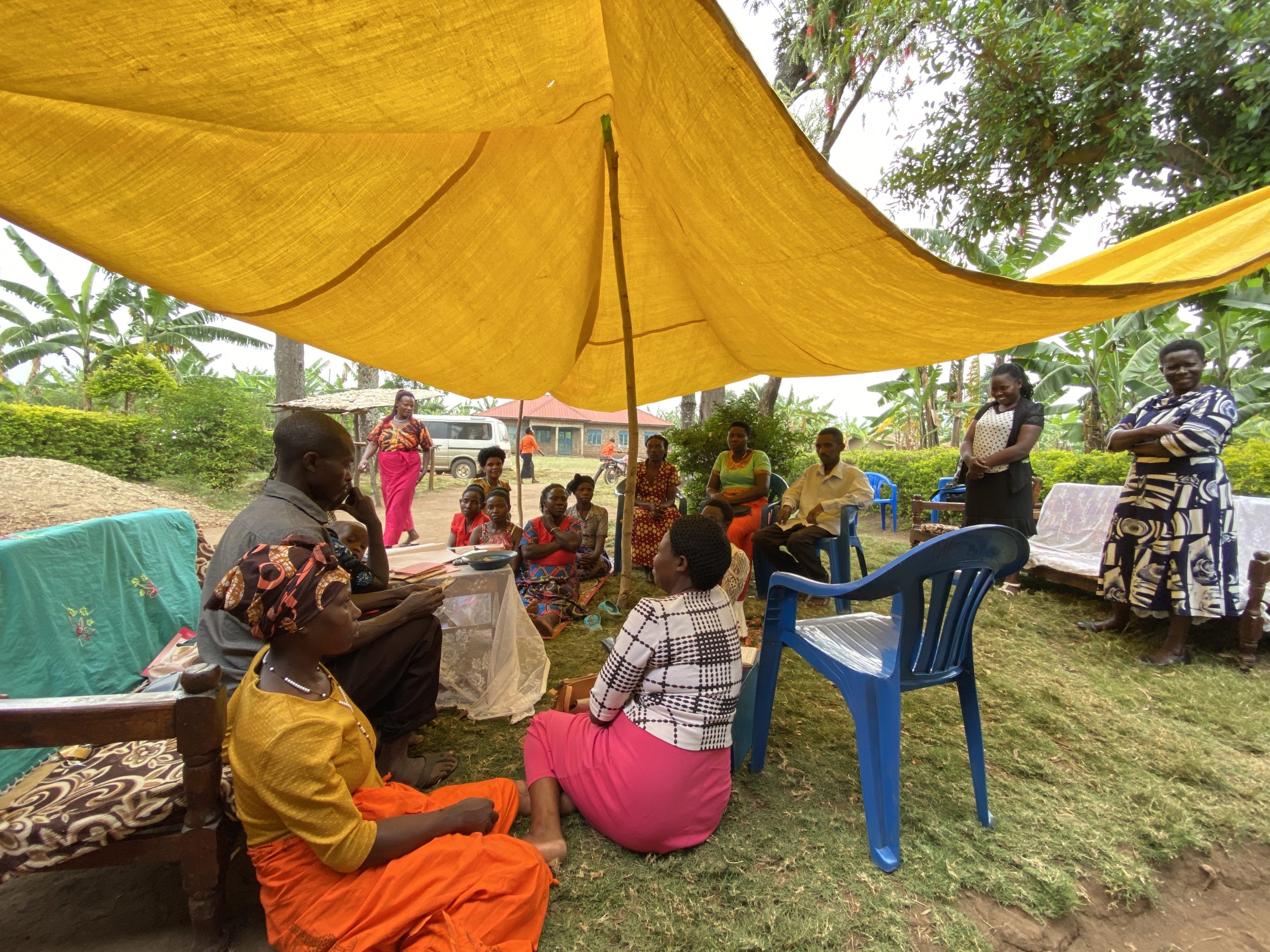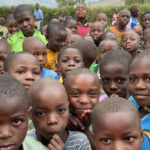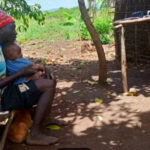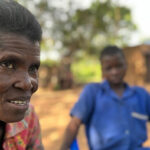Often caregivers live all by themselves in their communities, with limited time for their children and community members. This is often due to their personal issues like search for livelihoods, dysfunctional families, and broken community systems to create spaces to share issues that affect them.
Grace is a widow who faced challenges with her elder son, which deeply affected her, as they were unable to communicate for over two years. She was invited to attend positive parenting training in her community of Kabata, Rubona town council Bunyangabu district. The training brings together caregivers of different backgrounds, issues and religious affiliations with the aim of improving relationships between the caregivers and their children.
At the start of the sessions, it seemed like a waste of time for her but by the time the sessions ended Grace had found comfort in the caregiver group she was training with. This provided a safe space for her to discuss and receive support in the issues she was facing. She has been able to draw support from the group and help her reconcile with her son drawing lessons from the session of anger management. The positive parenting groups formed after training contribute towards the healing amongst caregivers and make them feel valuable members of their communities. “I have never received such a big number of people visiting me other than when I have problems” says Grace after the home visit by the group members.
Such visits boost their confidence not only to work on their own challenges but also to reach out to others. Positive parenting not only improves relationships between caregivers and children, improves child care and protection but also facilitates caregiver emotional healing, boosts confidence, and creates a social network of support.

















Leave a Reply